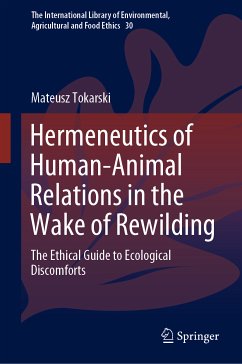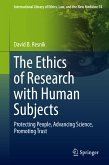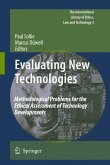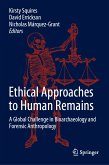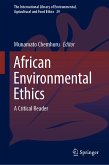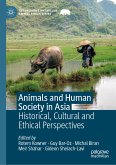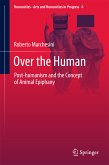In consequence of significant social, political, economic, and demographic changes several wildlife species are currently growing in numbers and recolonizing Europe. While this is rightly hailed as a success of the environmental movement, the return of wildlife brings its own issues. As the animals arrive in the places we inhabit, we are learning anew that life with wild nature is not easy, especially when the accumulated cultural knowledge and experience pertaining to such coexistence have been all but lost. This book provides a hermeneutic study of the ways we come to understand the troubling impacts of wildlife by exploring and critically discussing the meanings of 'ecological discomforts'. Thus, it begins the work of rebuilding the culture of coexistence. The cases presented in this book range from crocodile attacks to mice infestations, and their analysis consequently builds up an ethics that sees wildlife as active participants in the shaping of human moral and existential reality. This book is of interest not only to environmental philosophers, who will find here an original contribution to the established ethical discussions, but also to wildlife managers, and even to those members of the public who themselves struggle to make sense of encounters with their new wild neighbors.
Dieser Download kann aus rechtlichen Gründen nur mit Rechnungsadresse in A, B, BG, CY, CZ, D, DK, EW, E, FIN, F, GR, HR, H, IRL, I, LT, L, LR, M, NL, PL, P, R, S, SLO, SK ausgeliefert werden.

